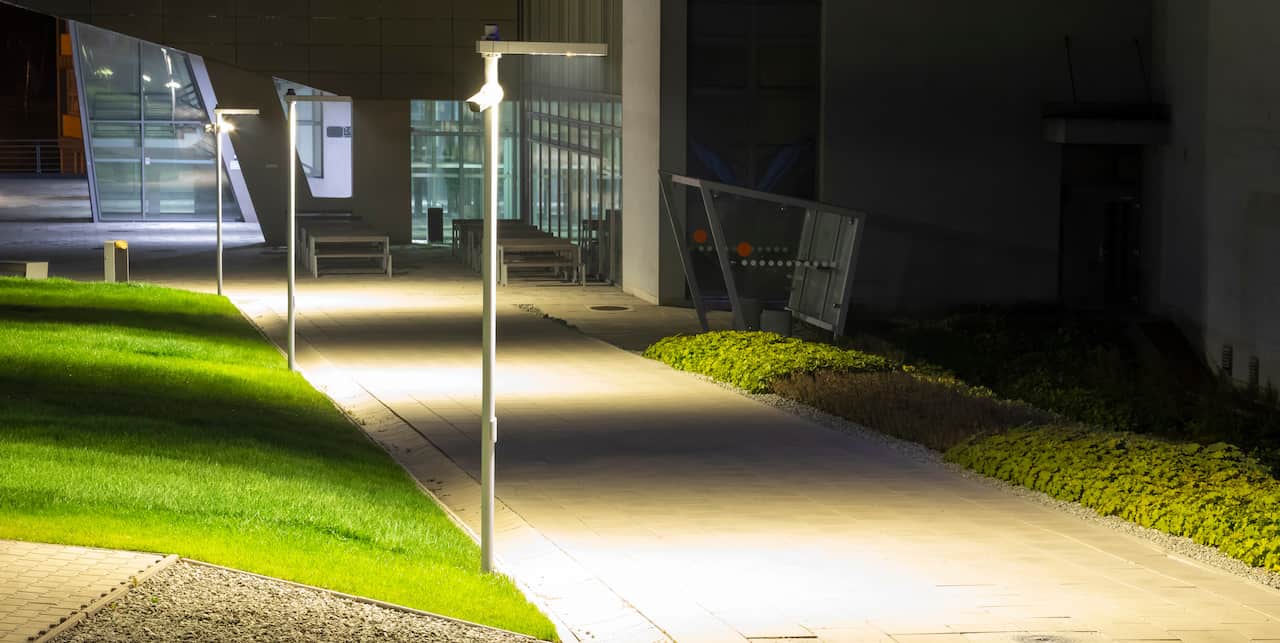Posted on May 2, 2023

A recent survey conducted by the Chronicle of Higher Education shows the top three concerns among students and university leaders are mental health, diversity, and campus safety (PDF), in that order.
“The survey asked all respondents to identify two major concerns outside the classroom. Overwhelmingly, 66 percent identified student mental health as the top issue. It far outweighed the next most serious concern, diversity and multicultural issues, which 40 percent of the respondents identified,” the report says. Campus safety was ranked at 26%, virtually tied with Career Services at 25%.
The report goes on to say, however, there might be a mismatch between what student affairs leaders think is important and what students think is important.
36% of university leaders say campus safety is critical, versus 19% of students. However, the importance of safety remains among respondents’ top two or three values in choosing a campus.
What’s clear is “student well-being,” which includes everything from a person’s physical safety to residential comfort and mental health, is far and away the most essential variable students and parents analyze when choosing a school. “Safety fits right in there with shelter and food,” says Illinois State University’s president, Larry Dietz.
The report notes, “In interviews, college officials said the traditional areas still remain a spending priority. “The students who are coming to us now have never shared a bedroom or bathroom in their entire life,” says Dietz. “They want more than the old dormitories where you just used to eat and sleep.”
Universities considering renovations to old or dated residential buildings, as well as new classroom facilities and laboratories, may reflexively think about campus safety as “police patrols,” but as any officer will tell you, campus police can’t be everywhere. Further, universities face pressure over how to improve safety from students, faculty, staff, and parents.
We recognize better campus security starts with improving overall well-being. New sensors, keypads, room locks, and phone apps with directions for safe walking routes and escorts are common additions to campuses, easy to implement, and can empower people on campus to not just feel safer but be safer.
R.E. Dimond and Associates has been working with colleges and universities across Indiana and the Midwest to find innovative ways to improve the health and comfort of students. Some are simple, such as controllable thermostats in individual dorms or apartments. Others are more complex and less noticeable, like geothermal, wind, or solar energy-powered HVAC units that can improve well-being by reducing noise, environmental impact, and pollution.
Further, safety is more broadly defined when you consider whole-body physical safety. Clean air, protection from diseases and viruses like COVID-19, and other defense against harmful airborne particulates have newfound focus from students and parents. In some aspects, new ventilation systems may have just as much or more value in health and safety — and its associated marketing — as security cameras and emergency call boxes.
If your campus or university is considering security upgrades, talk to one of our engineers about ways to improve safety and well-being using innovative new building systems.
